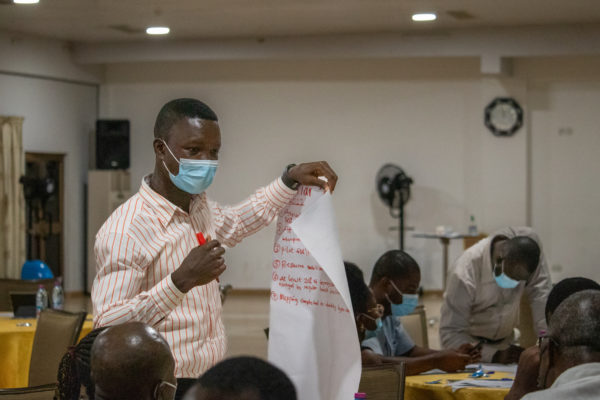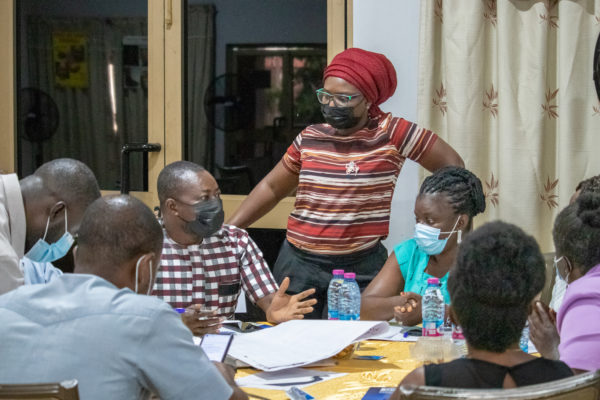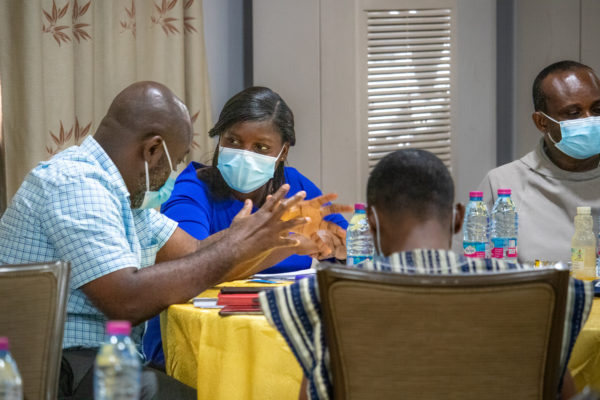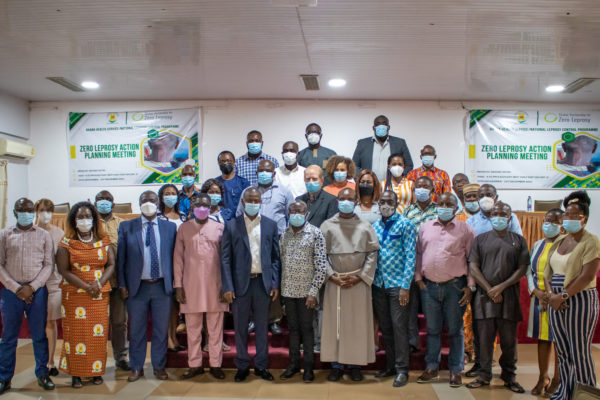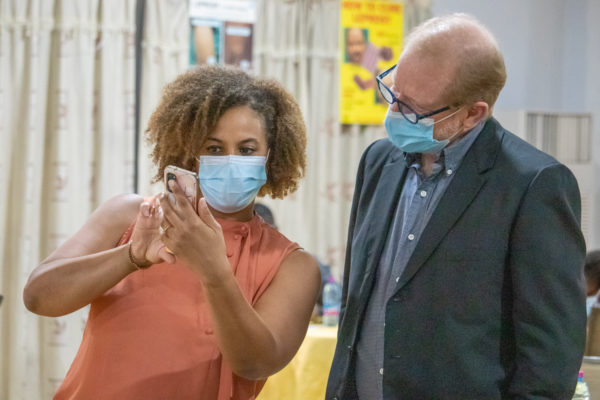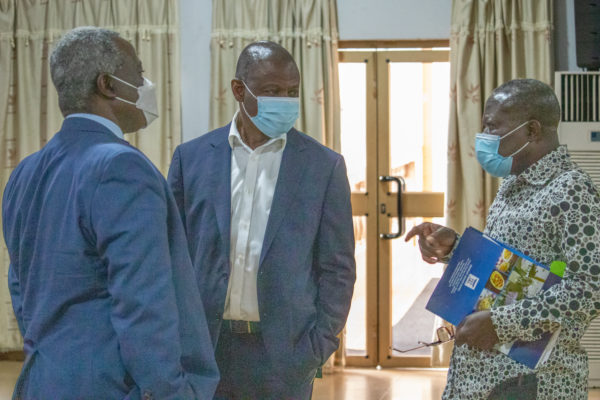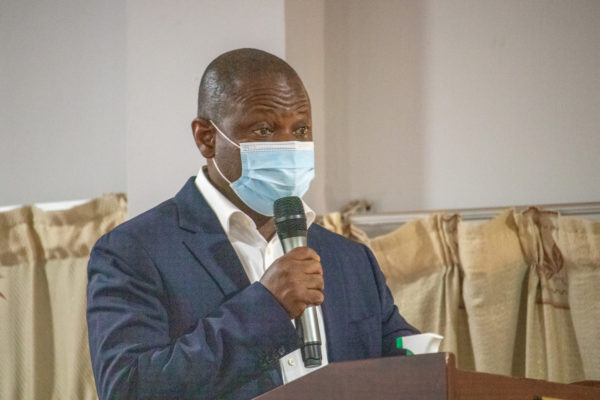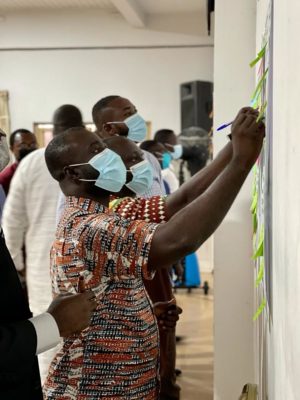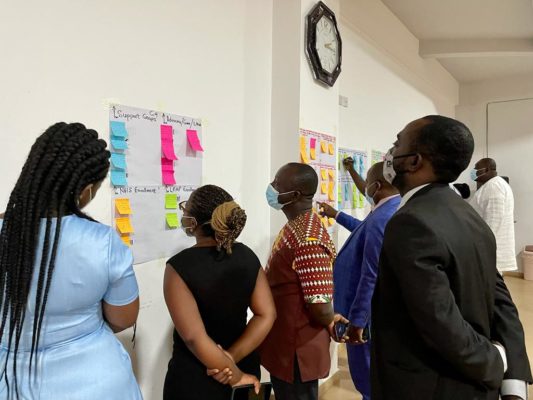The National Leprosy Programme’s work in partnership with GPZL began in 2020 with the review of the country’s leprosy activities. Following the review, leprosy community members and local and international experts met in Accra to design a Zero Leprosy Roadmap for Ghana, which lays out goals for the next ten years on the country’s path toward zero leprosy.
Action planning was the next step in the Zero Leprosy Country Model, a set of country-led customized strategies that address local needs and priorities to end leprosy. The action planning process was led by Ghana’s National Leprosy Programme Manager, Dr Benedict Quao, and members of the GPZL Secretariat supported this work in-country. Over three days, this diverse group of stakeholders came together to design a joint strategy to achieve goals set forth in the Zero Leprosy Roadmap, including improving active case detection; improving case management, management of leprosy complications, and prevention of new disability; and advocacy for ending stigma and empowering persons affected by the disease. Through all of these issues, the group maintained a focus on sustainability by prioritizing integration with routine health systems.
Ghana’s Zero Leprosy Action Plan prioritizes interventions that will make impactful progress toward zero leprosy in the country. These interventions include increased efforts to make diagnosis and treatment available to persons affected by the disease all over the country, through capacity building for local-level practitioners, as well as the introduction of nationwide contract tracing. The Programme also plans to use geospatial mapping of cases to identify hyperendemic areas, as well as Single Dose Rifampicin Post-Exposure Prophylaxis (SDR-PEP) to interrupt transmission. Additional action plan priorities include training for community extension works to identify and refer potential leprosy cases, increased leprosy awareness education, and nationwide effort to ensure leprosy patients have the resources and services they need, including livelihood support and self-help and self-care group access.
GPZL congratulates the stakeholders involved in the creation of this Action Plan for Zero Leprosy, and the National Leprosy Programme of Ghana for taking this next step toward ending leprosy in the country.
